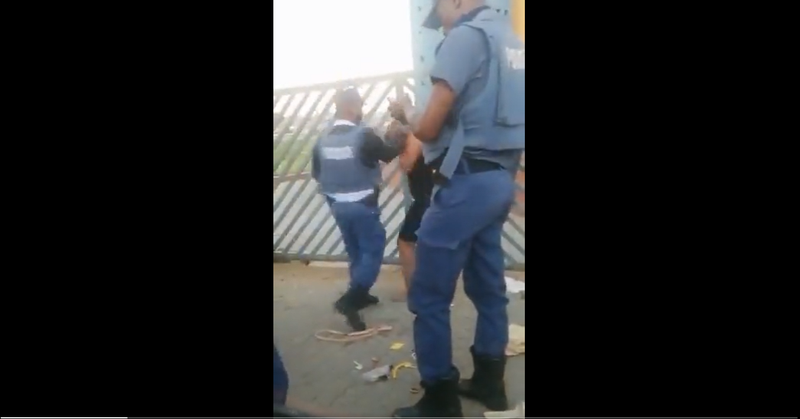SA needs BRICS co-operation to counter sophisticated organised crime
Updated | By ANA
South Africa’s Deputy Minister of Police, Maggie Sotyu, has said that the country would have to work with its BRICS partners to counter increasingly sophisticated organised crime, specifically illicit trade.

Speaking this week at the African National Congress’ Progressive Business Forum which was attended by a Chinese delegation from the Huang Municipality, Sotyu said despite China being the largest export market and largest source of imports of South Africa, the country did not see its relationship with China as just based on trade.
“Fundamentally, South Africa seeks for an active cordial and equitable partnership that will see South Africa dramatically reducing crime and corruption, and increasing fertile grounds for sustainable economic growth and employment creation for all South Africans, especially for the majority black youth.
“Notwithstanding, all these current progressive investments, such as the automobile plant in the Eastern Cape worth R1.1bn (First Automobile Works); technology factory (HISENSE) in Atlantis in the Western Cape, which employed 300 people; and a cement plant (JIDONG DEVELOPMENT GROUP) in Limpopo worth R1.8bn, will be futile if the two countries don’t support each other on matters of transnational organised crime.”
She cited the “huge problems of cable theft, rhino poaching and increment in cyber crimes”.
“And, these crimes continue to affect negatively the growth of our economy and creation of employment for our people.”
She added that as one of the leading and busiest producers of precious metals, such as gold, platinum and silver, this was also a breeder of transnational organised crime.
“Criminal syndicates in South Africa and elsewhere, are highly sophisticated; they operate in legitimate enterprises, and are highly sophisticated in their pervasive corruption,” she said. “It seems the rapid advances in technology have brought both value and vice.
“Our achievement in acquiring a global village has also meant a global threat, as criminals are exploiting the global solidarity and a globalised economy that South Africa and China enjoy with each other.”
“Borders are thus increasingly open and markets more accessible. This means illicit trade routes have also become shorter, diverse and easily traversed. Inevitably, international criminal trading is no longer the monopoly of large criminal organisations.”
Sotyu said smaller more reactive networks now co-operated with each other. “Illicit networks therefore consist of complex and inter-linked levels of criminal activity, ranging from individual illegal consumers, illegal companies, gangs, bulk buyers, front goods exporters in South Africa, and international refineries and intermediary companies.
“South Africa in particular, is continuing to be at critical risk because it has many points of exposure to the illicit trade.”
She said that South Africa was also a nexus point for smuggling into and from neighbouring countries, while the country’s sophisticated financial systems “heightened the success ratio for laundering opportunities of the ill-gotten proceeds from any illegal trade”.
She said the criminal enterprises had the potential to destabilise the country by eroding socio-economic development.
“But with the support of our BRICS partners and bi-lateral agreements, with your respective intellectual and technological skills, our police officers in South Africa will continue to be well trained and be capable to deal with all types of crimes.
“We must be as sophisticated, and as smart when we begin to tackle this scourge of organised crime,” she said.
She added that the successes of the Directorate for Priority Crime Investigation (Hawks) and police would ensure that international investments in South Africa remained safe.
Show's Stories
-
Dad tries to have honest conversation with his 2-year-old
"I just wanted to have a conversation with you today...This morning you ...
The Workzone with Alex Jay 15 hours ago -
Winter playground returns to Melrose Arch
Take the kids out this weekend, visit the Melrose Arch Winter playground...
The Workzone with Elana Afrika-Bredenkamp 15 hours ago